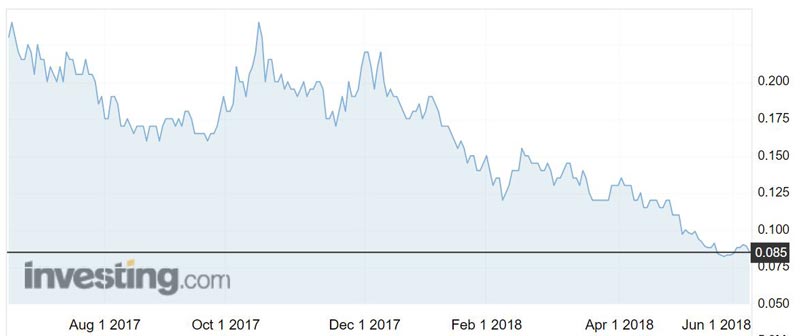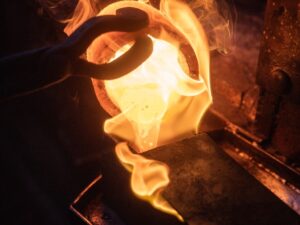Infinity proves it can produce two highly sought-after electric car battery products

Infinity Lithium says it will be able to supply the broader electric car battery market after a new study showed it can produce a second battery grade lithium product.
A technical option study undertaken by Infinity (ASX:INF) confirmed that the company’s San Jose lithium project in Spain can produce battery grade lithium hydroxide in addition to battery grade lithium carbonate.
Lithium hydroxide is mainly used to produce lithium greases, but it is also used as a heat-transfer medium and as a storage-battery electrolyte.
Lithium carbonate, however, has been the more widely produced compound and is usually the first product in the lithium production chain.
“San Jose is now opened up to a broader end user market, at a time when lithium hydroxide is gaining increased market share in the lithium chemical market,” chief Adrian Byass told investors on Friday.
Investors didn’t seem to like the news, however, sending shares down 4.5 per cent to an intra-day low of 8.5c by midday.

Infinity said it decided to see if it could produce lithium hydroxide after it received expressions of interest from potential industry partners and end users.
Miners who produce lithium hydroxide are likely to witness increased interest from electric car battery makers because it can produce cathode material more efficiently, according to market intelligence firm Roskill.
It is also a key component for the cathodes that go into the nickel-cobalt-aluminium batteries favoured by Tesla and the nickel-cobalt-manganese batteries that are more popular with rival car makers.
The cathode is used to conduct electricity flows out of a battery or device.
In 2017, around 30 per cent of the lithium used in automotive lithium-ion batteries was lithium hydroxide and this proportion is expected to increase within the next decade, Roskill noted.
Tesla has already started seeking out more lithium hydroxide, with the American electric car giant doing a history-making deal with Melbourne-based Kidman Resources in May.
- Bookmark this link for small cap breaking news
- Discuss small cap news in our Facebook group
- Follow us on Facebook or Twitter
- Subscribe to our daily newsletter
Lithium carbonate demand is also increasing.
Global demand for lithium carbonate is set to rise to at least 875,000 tonnes per annum by 2025, from 224,000 tonnes per annum in 2017.
Infinity is working to bring its San Jose lithium-tin project into production.
Director Humphrey Hale said earlier this year that the “demand uplift is equivalent to 40 San Joses by 2025”.
UNLOCK INSIGHTS
Discover the untold stories of emerging ASX stocks.
Daily news and expert analysis, it's free to subscribe.
By proceeding, you confirm you understand that we handle personal information in accordance with our Privacy Policy.








